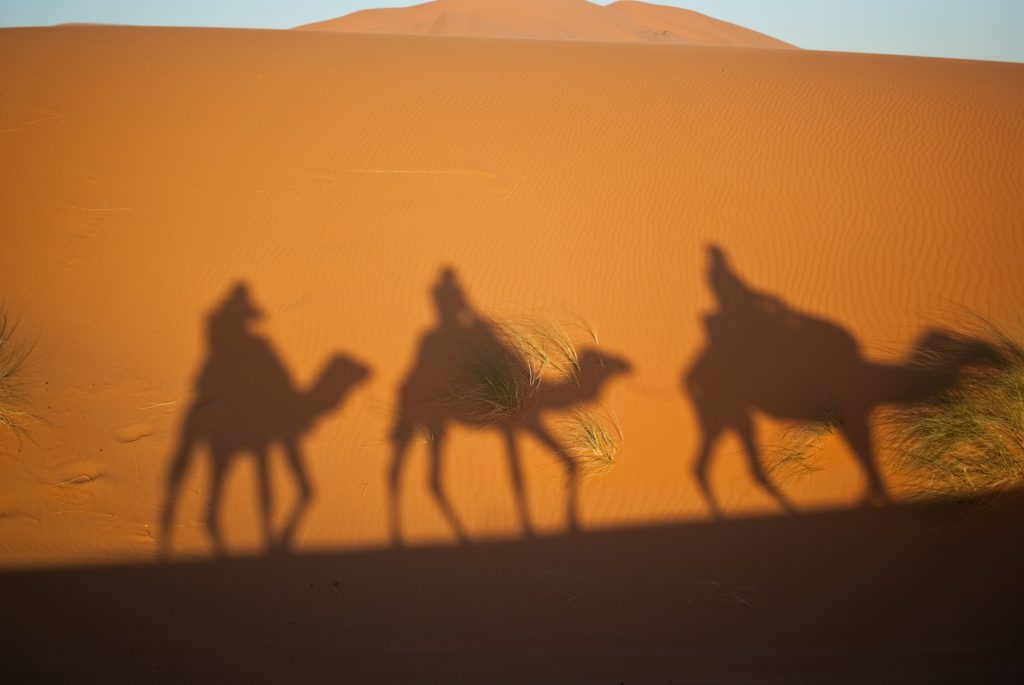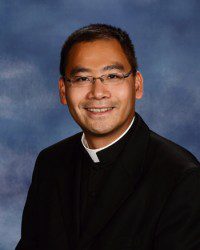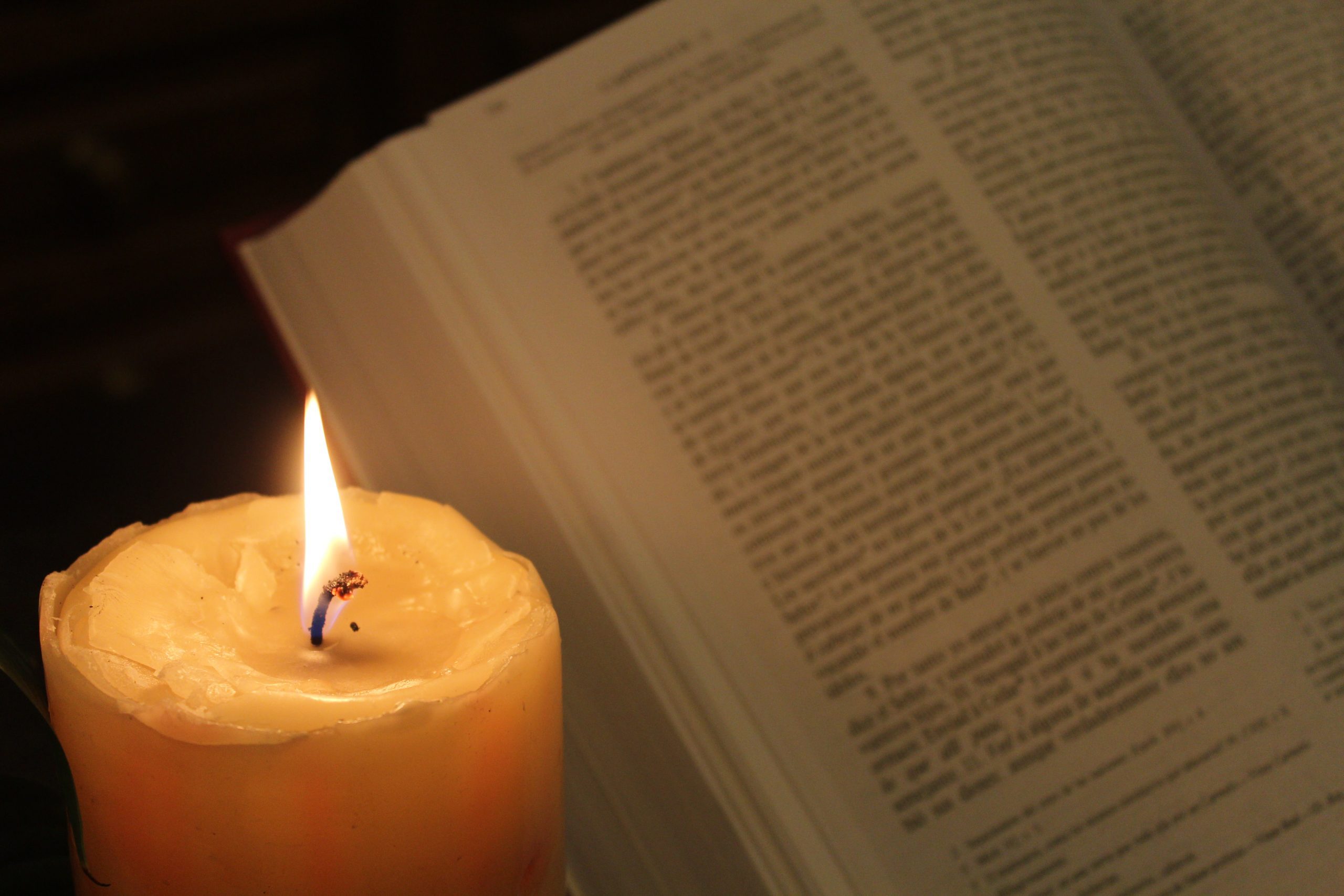
Christmas
Epiphany of the Lord
 Speaker: Father Lam T. Le
Speaker: Father Lam T. Le
Message:
Look with favor, . . , on these gifts of your Church, in which we are offered now not gold or frankincense or myrrh, but he who by them is proclaimed, sacrificed and received, Jesus Christ.
Before Christmas, Pope Francis wrote a beautiful Apostolic Letter, Admirabile Signum: On the Meaning and the Importance of the Nativity Scene. He encouraged a reflection “on the various elements of the Nativity scene in order to appreciate their deeper meaning” (As no. 4). The Pope concluded:
Dear brothers and sisters, the Christmas crèche is part of the precious yet demanding process of passing on the faith. Beginning in childhood, and at every stage of our lives, it teaches us to contemplate Jesus, to experience God’s love for us, to feel and believe that God is with us and that we are with him, his children, brothers and sisters all, thanks to that Child who is the Son of God and the Son of the Virgin Mary. And to realize that in that knowledge we find true happiness. Like Saint Francis, may we open our hearts to this simple grace, so that from our wonderment a humble prayer may arise: a prayer of thanksgiving to God, who wished to share with us his all, and thus never to leave us alone (Admirabile Signum, no. 10).
As we ponder upon the Nativity scene on this Solemnity of the Epiphany of the Lord, we may ask why animals, specifically camels, are in many Nativity scenes. The word “epiphany” is a Greek word which means “manifestation” or “appearance”. The Solemnity of the Epiphany of the Lord is celebrated in many cultures and often more prominently than Christmas. At the time when many homes have taken down decorations and put away special dishes from the season, the Solemnity of the Epiphany reminds us that the season of Christmas is more than a one-day event. Let us see how the love of the Lord manifests to us in the presence of camels at the Nativity scene.
The Gospel proclamation (from Matthew) on this Solemnity has much to teach us about the actions of the magi. These three kings traveled a great distance in order to “do him homage” (Mt 2:2). When encountering the newborn Jesus “they prostrated themselves and did him homage. Then they opened their treasures and offered him gifts of gold, frankincense, and myrrh.” To prostrate oneself is to make a total offering of oneself in humility, recognizing the greatness of the One before them; it is an act of worship. To further their act of worship, they “opened their treasures and offered him gifts” (Mt 2:11).
The actions of the magi make the prophecy of the first reading fulfilled. In Chapter 60 in the book of Isaiah, the prophet provided the hope Jerusalem, a city personified and symbolized the whole people. The prophecy was delivered around the end of Babylonian exile (586BC), when the first Israelites returned, finding their beloved city of Jerusalem devastated. In the midst of this, the Prophet tells the people: “Rise up in splendor, Jerusalem! Your light has come, the glory of the Lord shines upon you”(Is 60:1). When the light and glory of the Lord is with his people, this is enough to help them rebuilt their lives. In fact, this presence of the Lord will draw people to bring resources for them to rebuild their beloved city, Jerusalem. This is the reason why Isaiah presented the images of wealthy nations streaming toward the newly returned exiles: “Nations shall walk by your light, and kings by your shining radiance” (Is 60:3). This is when the camels played important roles: “Caravans of camels shall fill you, dromedaries from Midian and Ephah; all from Sheba shall come bearing gold and frankincense, and proclaiming the praises of the LORD”(Is 60:6).
In ancient times, camels were the animals used to transport the wealth of people and nations. Seeing the light and the glory of God in Israel, foreigners brought these items to help rebuild Jerusalem, not to gain favor with Israelites by repaying them for their exilic suffering or recognizing them as a superior race, but as the act of “proclaiming the praises of the LORD.” The wealth of many nations was undoubtedly gold and incense. The value of gold is still recognized today, but in ancient times incense was equally valuable, both because of its widespread use in worship and for its aromatic powers in a world where the only thing to do with distasteful odors was to try to compensate them with other pleasant smells.
Thus, when we place camels in the Nativity scene, we profess the faith of the Church: the light and glory of God is now shown in Jesus and people of all nations should bow down in worship this Savior. In placing the camels in the Christmas crèche, we follow the footsteps of the Magi: they prostrated themselves and did him homage. Then they opened their treasures and offered him gifts of gold, frankincense, and myrrh.” We too are called to further intensify our act of worship with gifts.
“Laid in the manger, he became our food.” (St Augustine, Sermon 189, 4). Just like the magi who adore the Lord at the manger so we are now to adore the Christ, the light and glory of God, from the altar of the Church. Just like the magi who further their act of worship with gifts, so we come to the Lord with gifts. As good stewards, we generously share our gifts and treasure — as a loving act of worship to an extravagantly loving God – and these gifts are for the use of building up the Body of Christ. At every Eucharistic celebration there is a procession of the gifts of bread and wine from the people of God. These gifts symbolize our very life, (our joy and sorrow in following the Lord) and are transported not by the backs of camels or caravan of camels, but by the movement of our hearts which turn from the darkness of this world of sin and welcome the light and the glory of the great God who most humbly nourishes us at the altar.
Have a Happy Epiphany!
Scriptural Readings:
Reading 1 IS 60:1-6; Responsorial Psalm PS 72:1-2, 7-8, 10-11, 12-13; Reading 2 EPH 3:2-3A, 5-6; Alleluia MT 2:2; Gospel MT 2:1-12

